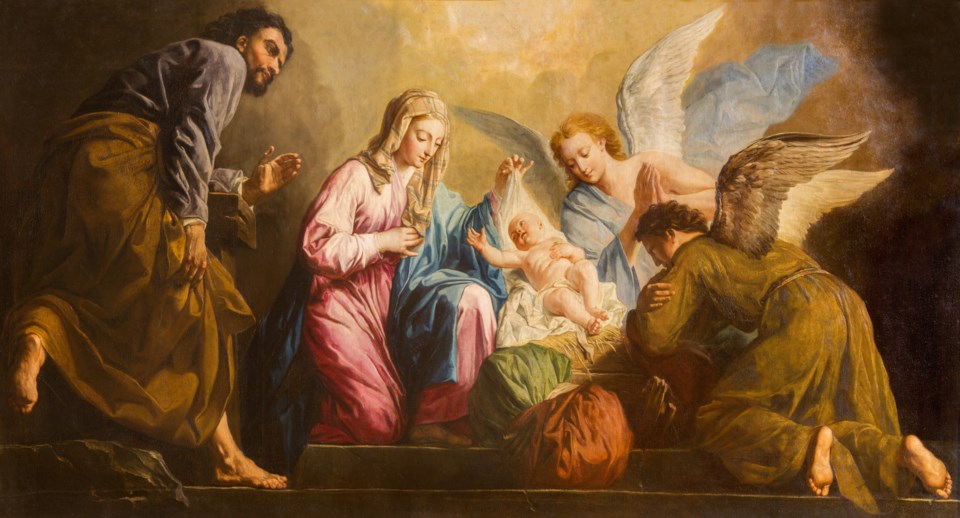Four months after its students refused to celebrate Canada's 150th birthday, Algoma University is now reviewing its stance on Christmas.
The decision to have the university's equity committee look into the role of the traditional Christian holiday on campus was made today during an Algoma U Senate meeting, after one of the newer faculty members asked for clarification.
"If we're talking about greater diversity, then maybe we need to start thinking about our aggregate practices here and what practices could be seen as exclusive," said Dr. Barbara Waterfall, director of Algoma's social work program.
"I'm new to the campus. This is my second year here," Dr. Waterfall told SooToday.
"At some universities that I've worked at, universities are very careful of using words to refer to the season in December as Christmas. Universities try to use inclusive languaging, whether it's 'season's greetings' or 'winter celebrations' or whatever. It's a gesture of inclusivity, acknowledging that not everybody comes from a Christian background and that time of year is when people from diverse experiences celebrate in different ways."
Dr. Waterfall holds a PhD in sociology and equity studies from the Ontario Institute for Studies in Education at the University of Toronto.
She came to Algoma U from Canadore College, where she served as coordinator of the indigenous wellness and addictions prevention program, and has also been a tenured faculty member at Laurentian University.
'I wasn't giving a directive. I was just asking for clarification,' she said in an interview following today's meeting.
"If we're talking about bringing in a diversity of students from other parts of the world, if that's what the university wants to do, I was asking: do we want to think about that?"
"I've worked in universities that have been very careful to not just talk about Christmas but to talk about Hanukkah. Certainly a lot of First Nations people around here are not Christian, don't celebrate Christmas. So there's winter ceremonies, winter celebrations."
"It can be really silly. You can go to the extreme of trying to be so politically correct that you can't even be joyous and happy. But I have worked in universities where that's very much the climate, and as the director, I'm wondering."
"I personally don't have any issues with celebration of Christmas, but what is the expectation here? That is my question. I certainly come from the perspective that we should work toward being very inclusive of everybody's who's here."
"I don't know that there's an official university stance on that," said Dr. Paul Dupuis, speaker of the senate, responding to Waterfall's question. "I think any individual would be allowed to use any terminology they would wish."
Asima Vezina, just 10 days in to her new post as Algoma University president, then interjected, indicating she would take the issue to the equity committee.
"I think that's a great question," President Vezina said. "I'd like to throw that question out to them to think about what is the best way so that it is inclusive of all of our students and faculty."
Tom O'Flanagan, chair of Algoma's fine arts department and a member of the Baha'i faith, expressed hope that everyone won't get "all bottled up and anal-retentive" over the question.
"I'm not a Christian. Haven't been a Christian for a long, long time," O'Flanagan said.
"I have nothing against the idea of Christmas. If you want to call it Festivus or whatever else, it is a mid-season solstice celebration that releases pressure. If you want to call it Christmas, okay by me."
Today's discussion took place three days after the university's fifth annual Algoma U Community Trick or Treat Night.
"This is a wonderful community event for our families to enjoy Hallowe’en in a safe and fun setting while at the same time supporting the United Way," President Vezina said in a news release.
According to Britannica.com, Hallowe'en is a Christian holiday with origins in the pagan festival of Samhain observed by Celts in ancient Britain and Ireland.
At last month's senate meeting, academic dean Dr. Richard McCutcheon described the annual event as an important part of the university's community outreach and recruitment efforts, attracting many hundreds of visitors to the campus.
